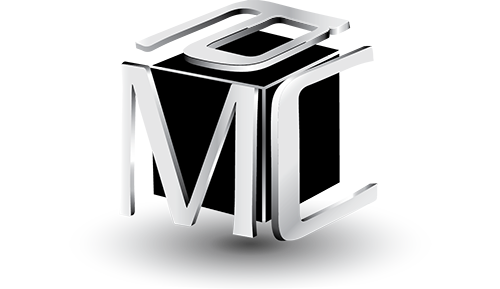Energy: Our Most Precious Resource
Energy: Our Most Precious Resource
Richard Citrin and Michael Couch
There are only 24 hours, 1440 minutes and 86,400 seconds in our day. When the second hand ticks over to the next, that prior second is lost. We can’t increase the time in the day and we can’t recover that lost second. When it is gone it is gone.
Yet, we believe that somehow we can “manage time.” We use our outlook calendars, make lists, set alarms all in the hope that we can somehow manipulate time to help us get more done. For most leaders, however, when they lay their heads down to sleep, they doze off thinking about everything that still needs to get done.
An alternative approach to address workload is to think in terms of personal energy management. Personal energy management is our ability to use our own energy in an effective manner and, like solar and wind energy, it is completely renewable. Since energy is our ability to get work done, by focusing on energy instead of time, we may find some new tools to help us be more effective in how we spend our time.
Personal energy management exists in different forms. There is physical energy that has to do with how much work you can actually do. We manifest this when we are active and energized and in the workplace, this shows up as “getting a lot done” and having a sense of great productivity. Another form of energy is our emotional energy. If you are feeling positive and pumped, your excitement grows on you and is contagious with others. However, if you are hanging around with energy drainers (Debbie or Donnie Downer) then you can quickly experience a draining of energy. One of our clients describes this phenomenon as being as if “that person just pulled the plug and drained all my energy away.” Still a 3rd kind of energy relates to mental energy and this has to do with our ability to focus and concentrate. One of the great concerns we hear from leaders is that there is so much going on around all of us, that there is little time to think. We’ve even created a myth that we can “multi-task” as a way of thinking that we can get multiple things done at the same time. Unfortunately, neuroscience has shown multi-tasking just leads to poor performance in multiple arenas.
Since our personal energy is manageable, unlike time, we can develop an array of strategies to help us create more energy as our day and week proceed. Consider some of these strategies:
- Our body’s ultradian rhythm dictates that our energy levels tend to run in 90-minute cycles that mean that your energy will begin to wean after an hour and a half. Build in breaks for yourself after those periods, even if it is just a 5-minute walk around the hallway. Pay attention to how your body reacts to food as well and experiment with different kinds of foods and how they impact your energy levels
- Discover when your energy levels are at the peak and ebb. For some people, mornings are a time when they are most focused and attentive. If that is the case, then do your most critical work early. Spending an hour going through email when you really want to be connecting with your team leaders or writing an article for the corporate newsletter is a poor use of energy. Save the email response for later in the morning when your energy levels may be ebbing. Same thing for mundane tasks like filling out forms. Do these when your mental and physical energy are weaning.
- As we said earlier, energy is completely renewable, as long as you take the time to recharge the batteries. Sleep is key although people have different requirements. Don’t assume that if you wake up in the middle of the night for 30 minutes, that you are having a bad sleep cycle. Some people have that pattern. The key is to consider the success of your day given your energy level and ability to effectively manage the different forms of energy.
Energy management plays a critical role in the success of our region and our country. It’s time we start paying attention to how we manage our own personal energy. Getting work done and having enough energy to enjoy our family and personal time is a typical metric for success. Shift your thinking away from managing time and towards managing energy and you may find a new capacity for success.

